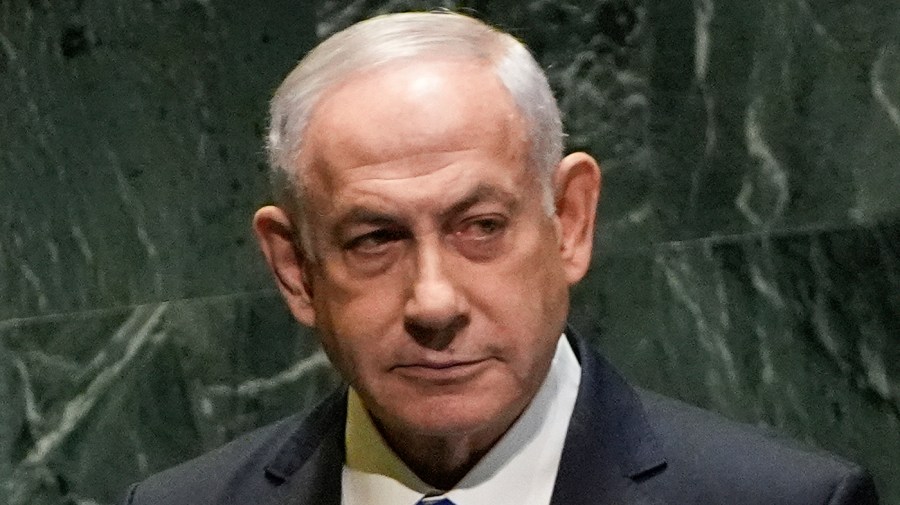Today’s political news centers on Israeli Prime Minister Benjamin Netanyahu’s visit to Washington to meet with U.S. President Donald Trump, amidst ongoing tensions over the Gaza ceasefire and hostage negotiations. Here’s a comprehensive overview of the situation:
Key Points
Netanyahu is meeting Trump at the White House on February 4, 2025. The meeting focuses on the future of the Israel-Hamas ceasefire and hostage deal. Trump is pushing for a permanent end to the war and a Saudi-Israeli peace deal. Netanyahu faces pressure from his right-wing coalition to resume the war in Gaza. The outcome of this meeting could significantly impact Middle East peace efforts.
Background
The Israel-Hamas war began on October 7, 2023, when Hamas attacked Israel, taking 251 hostages into Gaza. A ceasefire deal was announced on January 15, 2025, leading to the release of some hostages and allowing Palestinians to return to Gaza. However, dozens of hostages remain in captivity, and the future of the ceasefire remains uncertain.
Current Situation
Netanyahu’s visit to Washington marks the first by a foreign leader since Trump’s inauguration two weeks ago. The meeting is crucial for several reasons:
1. Ceasefire negotiations: Trump and his Middle East envoy, Steve Witkoff, played a key role in brokering the initial ceasefire. Trump is now pushing for a second phase of the deal to end the war permanently and secure the release of all remaining hostages.
2. Political pressure: Netanyahu faces significant pressure from his right-wing coalition partners, who want to resume the war in Gaza and eliminate Hamas rule. This internal pressure complicates negotiations and threatens to derail the ceasefire.
3. Saudi-Israeli relations: Trump is reportedly interested in brokering a deal to open diplomatic relations between Israel and Saudi Arabia, which could reshape the Middle East.
4. Iran question: There are discussions about whether Israel will launch a military strike on Iran, which has been weakened after a year of intense fighting against its proxies.
Potential Impact
The outcome of this meeting could have far-reaching consequences:
1. Middle East stability: A successful negotiation could lead to a permanent ceasefire and potentially reshape regional alliances.
2. Netanyahu’s political future: The Israeli Prime Minister’s ability to navigate these negotiations while keeping his coalition intact is crucial for his political survival.
3. U.S. foreign policy: Trump’s success or failure in brokering a deal could significantly impact his foreign policy legacy and the U.S.’s role in the Middle East.
4. Hostage situation: The fate of the remaining Israeli hostages hangs in the balance, with their families anxiously awaiting the outcome of these talks.
Different Perspectives
Pro-Netanyahu view: Supporters argue that maintaining a hardline stance against Hamas is necessary for Israel’s security and that any concessions could be seen as rewarding terrorism.
Pro-peace view: Advocates for peace argue that a continued war in Gaza is unsustainable and that diplomatic solutions, including a potential Saudi-Israeli deal, offer the best path forward for regional stability.
Hostage families’ perspective: Families of the remaining hostages fear that political considerations may overshadow efforts to secure their loved ones’ release.
U.S. strategic interests: Some analysts argue that ending the Gaza conflict would allow the U.S. to focus on other strategic priorities, such as countering China’s influence.
Conclusion
The meeting between Netanyahu and Trump represents a critical juncture in the ongoing Middle East peace process. The outcome could determine the future of the Gaza ceasefire, the fate of the remaining hostages, and the broader geopolitical landscape of the region. As negotiations continue, the world watches closely to see if a lasting peace can be achieved or if the region will descend back into conflict.









